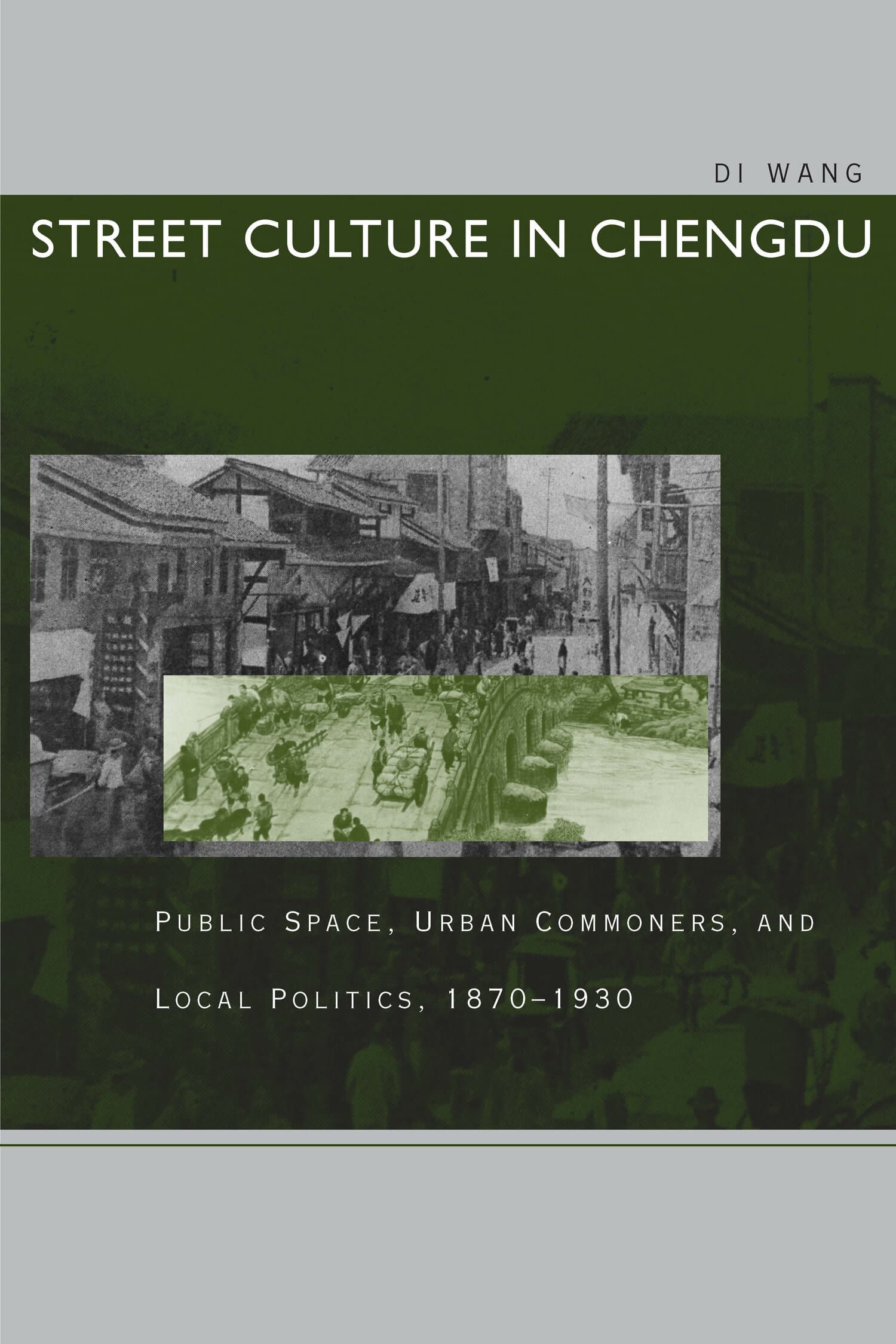Street Sounds
Award Winner
2021: Best Book in Non-North American Urban History
Winner of the 2021 Best Book in Non-North American Urban History Award, sponsored by the Urban History Association.

As the twentieth century roared on, transformative technologies—from trains, trams, and automobiles to radios and loudspeakers—fundamentally changed the sounds of the Egyptian streets. The cacophony of everyday life grew louder, and the Egyptian press featured editorials calling for the regulation of not only mechanized and amplified sounds, but also the voices of street vendors, the music of wedding processions, and even the traditional funerary wails. Ziad Fahmy offers the first historical examination of the changing soundscapes of urban Egypt, highlighting the mundane sounds of street life, while "listening" to the voices of ordinary people as they struggle with state authorities for ownership of the streets.
Interweaving infrastructural, cultural, and social history, Fahmy analyzes the sounds of modernity, using sounded sources as an analytical tool for examining the past. Street Sounds also reveals a political dimension of noise by demonstrating how the growing middle classes used sound to distinguish themselves from the Egyptian masses. This book contextualizes sound, layering historical analysis with a sensory dimension, bringing us closer to the Egyptian streets as lived and embodied by everyday people.
"Street Sounds brings the boisterous soundscape of modernizing Egypt to life. Ziad Fahmy has an ear for the noise of history in motion—street hawkers, calls to prayer, braying donkeys, wagon wheels, claxons and screeching tires, recorded song, and the ever-present buzz of electricity. He allows us to hear an Egypt we might otherwise discount."—Joel Gordon, University of Arkansas
"In this fascinating and highly original study, Ziad Fahmy takes sound seriously as both a primary source and a qualitatively distinct phenomenon of modernity. Street Sounds apprehends sonic and scopic regimes as interrelated aspects of a larger sensorium, thereby pioneering a new and extraordinarily rich form of Middle Eastern cultural history."—Walter Armbrust, University of Oxford




